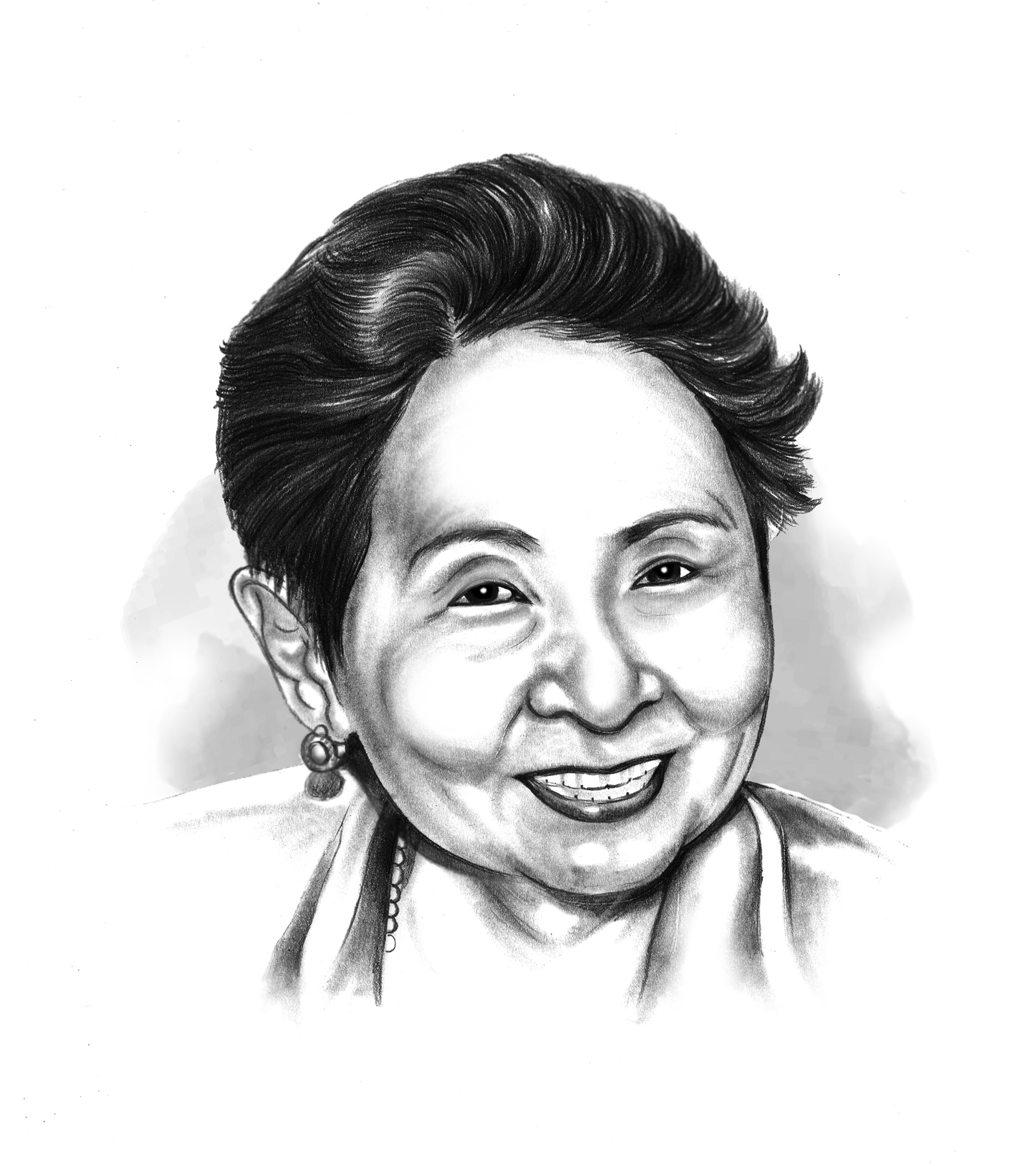PAGBABAGO

Veteran journalist Vergel Santos’ recent call for citizen action is a timely reminder for all of us who are concerned about the future of the country. At a recent forum hosted by the Policy Center at the University of the Philippines, Vergel who has been a journalist for six decades did not mince words when he responded to a question about our “readiness to die for the country.”
This thought, he noted, had been in the minds of many who feel that our country is not going anywhere. And its recent actions do not give us comfort either. As many of us know, many of its policies and programs, even though well-meaning, failed to reach their goals. Thus, the continued widening of the gap between the rich and the poor. The latter had become more marginalized over the years as “corruption, patronage politics, the lack of choices and opportunities, as well as systemic deprivation” have become the normal practices over the past decades.
Thus, like many of our well-meaning public figures, he recommends the creation of a “new moral and political constituency.”
Among others, this would mean a nationwide effort among those endowed with more resources to make a sustained effort to share with the less privileged. I mention “sustained” because as many know, we have the tendency to implement recommendations such as this with enthusiasm at the start, but are unable to sustain the effort over time.
A deeper analysis of what ails us had been done by dozens of well-meaning Filipinos. Procrastination or the tendency to postpone action and lack of a sense of urgency, lack of appreciation for individual rights, and being apathetic or indifferent, are among those traits that have prevented us from moving forward.
Perhaps we can explain this as the outcome of not having an active political culture. This means we are “parochial” rather than “participant” when it comes to affairs of the government. Our political parties — Nacionalista, Liberal, Partido Demokratiko Pilipino, Nationalist People’s Coalition and 165 other political parties, listed and accredited by the Commission on Elections do not have well defined ideologies. Ideally, if the party has a well-defined ideology and is able to impose party discipline, it would be able to shape the behavior of its members. Thus, in more mature liberal democracies, a party member must have to adhere to such values as respect for minority rights, freedom of expression, equality before the law, individual rights, accountability, avoidance of power monopolies, among other political values. But we are still not there and thus, we suffer the fate of a lack of a sense of nationhood and a people without a guiding ideology.
While we bemoan our being rudderless, we are witness to the trend today in some countries, especially in Europe, where party ideologies shape their nature of governance and way of life. The trends show that the middle forces are beginning to lose their power. Which means that the democratic values appear to be losing to populism and extremism. An example is the reaction to France’s recent electoral outcomes where at first the far right led by party leader Marine de la Pan was winning, and later, to be overcome by the far left coalition.
These trends are explained by analysts, among them, the recent New York Times analysis of May 5, 2024 which noted that “anti-immigration parties with fiercest roots and an uncertain commitment to democracy – are now mainstream.”
It cites Prime Minister Viktor Orban of Hungary, an ally of Mr. Trump who has established a template for the new right, and it is to “demonize immigrants and neutralize an independent judiciary, subjugate much of the news media and create new elites through crony capitalism.” and engage a national narrative of victimhood and heroism through the manipulation of historical memory, and finally, claim that “the people’s will overrides constitutional checks and balances.” This refrain sounds familiar to citizens of some countries and to us likewise. ([email protected])